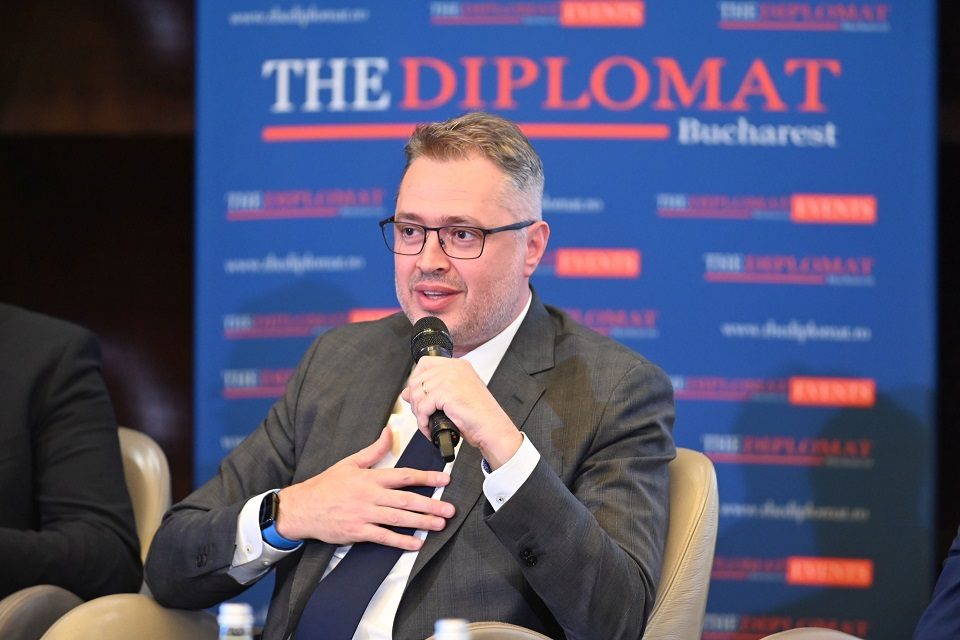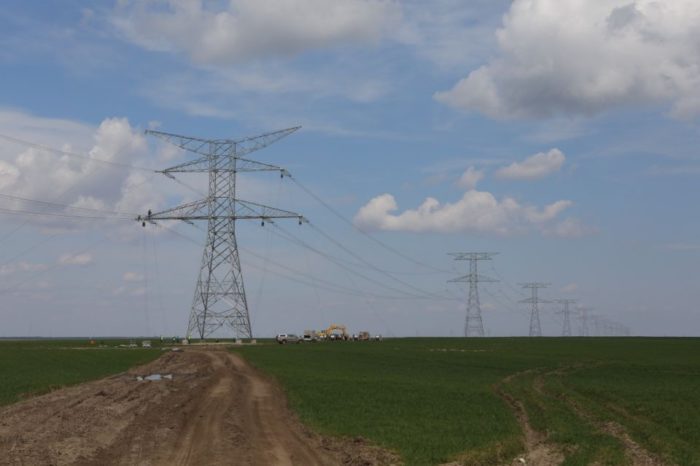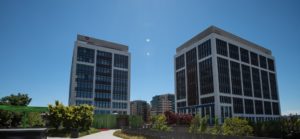Victor Cosconel, Colliers: “We focus on increasing and consolidating our team”

“The office market is enjoying a very positive start in 2022, and our pipeline gives us big hopes for a strong year. While coming forward with accurate and based expectations has been much more difficult in recent years, it is that much more challenging at this current point in time, given the various diverging themes we have now.
On the one hand, Romania we see strong hints that, with a few exceptions, most tenants are rather expanding, not cutting back on their office space, even amid the shift towards a hybrid work model. This could be due to a multitude of factors, but the biggest one might be the fact that human interaction is increasingly seen as a key factor to the success of teams, cohesion, and collaboration. Consequently, it is important to note that the office of the future will be much more different to the past offices, with much more emphasis on flexibility, on spaces designed to enhance collaboration and so on,” Victor Cosconel, Head of Leasing, Office & Industrial Agencies, Colliers told The Diplomat-Bucharest.
How would you describe the evolution of the industrial market in the first half of 2022?
There is still an overall positive trend, with new deliveries and good demand, meaning that the year looks to be on par with the past couple of years, which set record highs in terms of the volume of leased spaces. However, it could have been even better but some projects we know were being postponed.
Despite the issues industrial developers were facing, with both shortage and cost increase for construction materials, we will see new stock delivered. At the same time, while availability of construction materials is not an issue anymore, there is quite some volatility and the costs continue to increase, adding more pressure on developer margins. Naturally, we anticipate a trend of increasing headline rents, for developers to cope with the new economic reality.
Nevertheless, new projects are ongoing, and we still expect the 6 mil sqm total modern stock to be surpassed by the end of 2022.
What trends/ opportunities have you identified in this post-pandemic context and geopolitical context?
The initial reshoring / nearshoring trends continue, with Romania playing an important role in the new logistic setup, for many companies. We are just at the start of this, and it may not yet be visible, but we are already seeing statements from companies seeking to reduce their dependence on Asia, China, which should mean more investments in various other parts of the world, including in the CEE.
Consequently, we believe more production units and logistic hubs will find a place soon, anywhere on the Timisoara – Craiova – Bucharest – Constanta route.
At the same time, due to the unfortunate situation from Ukraine, there are good opportunities for new relocations, in Moldova as well as in the north / north-western Romania.
This, corroborated with (hopefully) stronger focus from the authorities to improve the infrastructure and well invested funds, could be a real opportunity for changing the current situation, where industrial developments rarely consider the Moldova area.
What about the office market? What are the current challenges for tenants and developers?
The office market is enjoying a very positive start in 2022, and our pipeline gives us big hopes for a strong year.
However, we are not completely blind to the challenges ahead:
- not many new, upcoming deliveries, either due to construction costs and / or permitting issues,
- tough inflation significantly impacting the indexation of rents
- a relatively low vacancy for some areas where a “landlord market” seems to take shape.
Also, ESG will add up on the investments that landlords will need to undertake, this adding even more pressure on their financial performance. This entire mix of factors will most probably consolidate a trend of headline rent increase.
That said, we cannot overlook the other factors also at play, with a slew of indicators hinting at weakness in the global economy and should such trends take a clearer shape, it is likely that the multinationals’ hiring intentions in Romania will be impacted. While this is not our base case scenario at this point, it does seem to have gained more traction in recent months.
How do you think the Romanian office sector will look like in the next 12-18 months?
While coming forward with accurate and based expectations has been much more difficult in recent years, it is that much more challenging at this current point in time, given the various diverging themes we have now. On the one hand, Romania we see strong hints that, with a few exceptions, most tenants are rather expanding, not cutting back on their office space, even amid the shift towards a hybrid work model. This could be due to a multitude of factors, but the biggest one might be the fact that human interaction is increasingly seen as a key factor to the success of teams, cohesion, and collaboration. Consequently, it is important to note that the office of the future will be much more different to the past offices, with much more emphasis on flexibility, on spaces designed to enhance collaboration and so on.
So long as the global economy remains robust enough, the local office sector should remain strong as well and, in this scenario, demand should pick up to respectable levels within two years (i.e., we could see pre-pandemic levels of leasing activity). The mismatch between this pick-up in demand and a lackluster pipeline of deliveries could favor the development of a landlord market at least for some submarkets/categories of buildings (notably well-located prime office buildings). Furthermore, we would expect that ESG criteria will become that much more visible and since real estate is a key aspect, we will likely see some consequences on this front, like good buildings commanding a higher rent premium compared to the other less prime buildings, as large blue-chip companies will be fighting for a spot in such a building.
What are your priorities for the second part of 2022 and for next year?
Our priorities are related to continue transformation, increasing and consolidating the team, around our values, Honesty and Care, and a new way of working.
We are also increasing our international cross collaboration, aiming to make the most of the opportunities generated due to the economical and geopolitical context, especially in the CEE and / or EMEA regions.
Focus on the hybrid workplace centric direction, office transformation and on the upcoming ESG initiatives, supporting our partners to navigate through the current ambiguity, using our expertise for removing complexity from their business.














